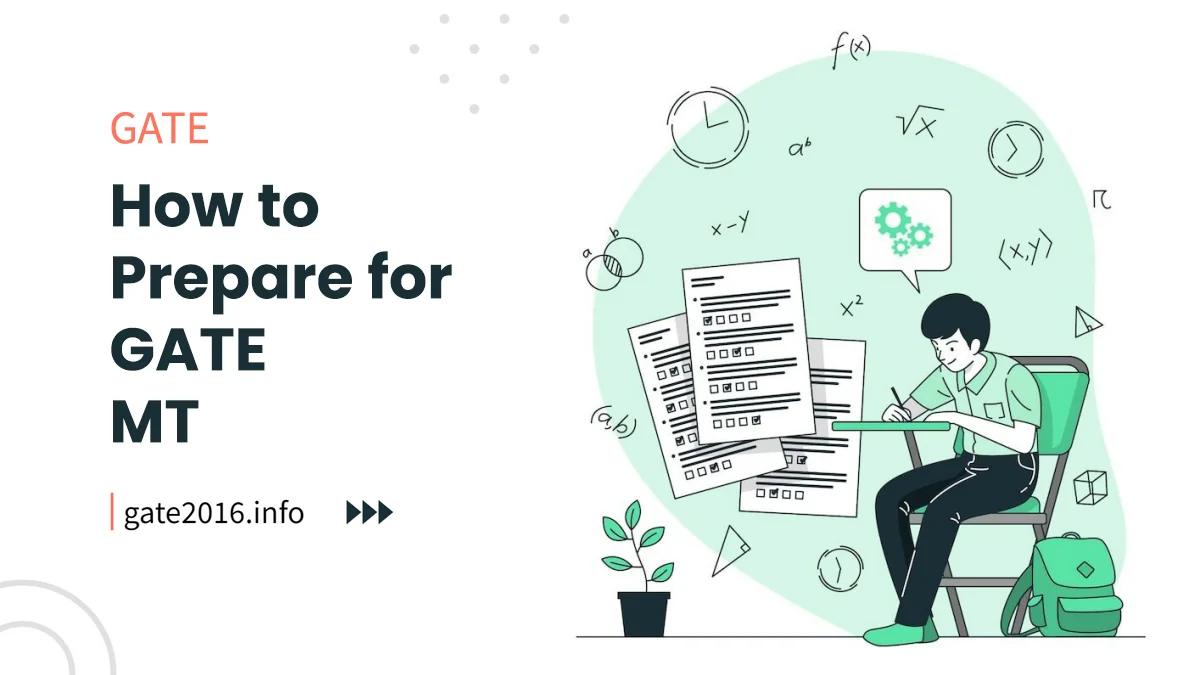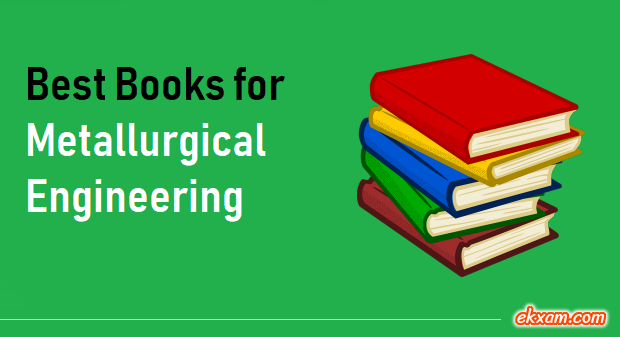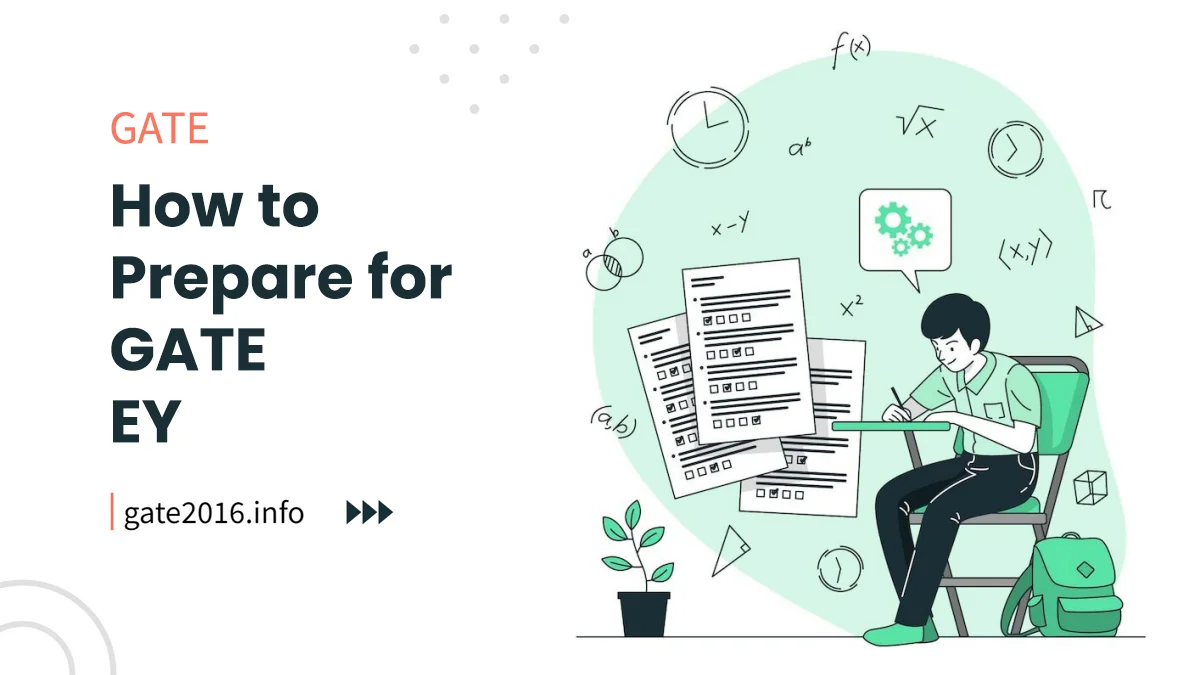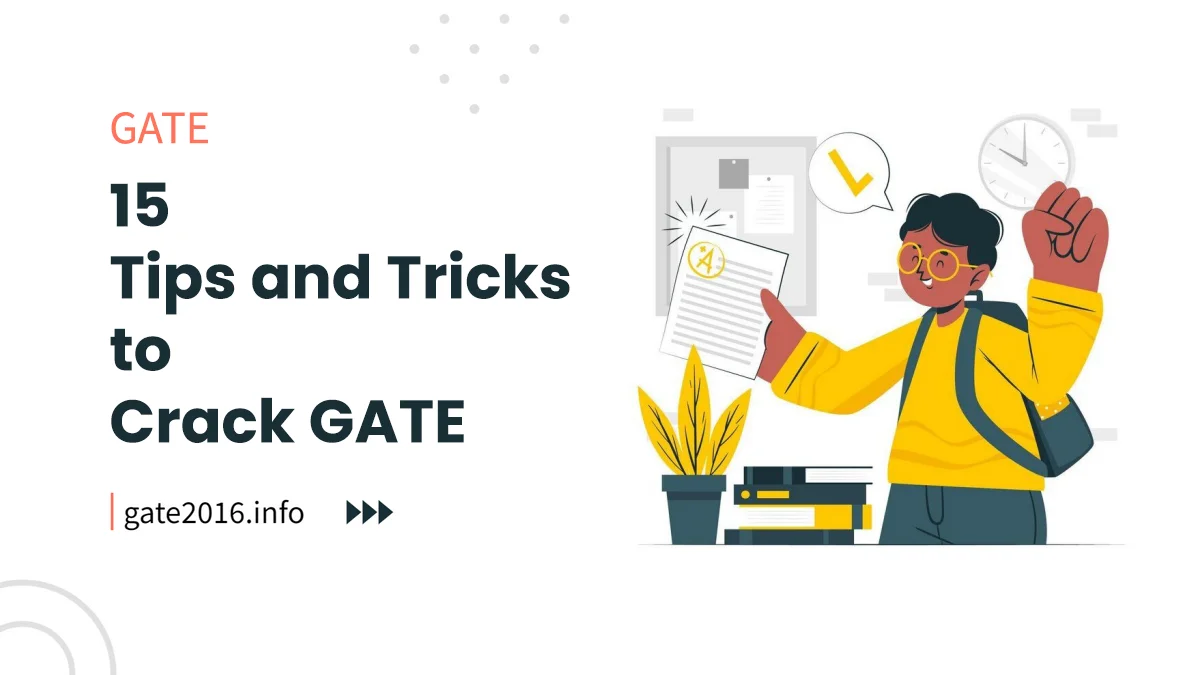Advertisements
Ratings

GATE 2024 MT Preparation – The Graduate Aptitude Test in Engineering (GATE) is a crucial examination for aspiring metallurgical engineers.
GATE not only serves as a gateway to higher education but also opens doors to rewarding career opportunities in the field of metallurgy and materials science.
This comprehensive guide aims to provide aspiring metallurgical engineers with a systematic approach to preparing for the GATE Metallurgical Engineering exam.
Contents
- 1. Introduction to GATE Metallurgical Engineering
- 2. Understanding the GATE Metallurgical Engineering Syllabus
- 3. Developing a Structured Study Plan
- 4. Selection of Study Materials
- 5. Mastering Core Metallurgical Engineering Concepts
- 6. Problem-Solving Practice
- 7. Reviewing Previous Years’ Question Papers
- 8. Taking Mock Tests
- 9. Effective Time Management Strategies
- 10. Implementing Revision Techniques
- 11. Staying Informed with Metallurgical Trends
- 12. Managing Exam Stress
- 13. Final Weeks’ Preparation Strategy
- 14. Approaching Exam Day
- 15. Post-Exam Analysis and Next Steps
- Conclusion: Excelling in GATE Metallurgical Engineering
- Additional Resources and References
- GATE Metallurgical Engineering Guidance
- GATE Metallurgical Engineering Preparation FAQs
- GATE Total Information & Guidance
1. Introduction to GATE Metallurgical Engineering
GATE Metallurgical Engineering evaluates candidates’ understanding of metallurgical principles, material properties, phase transformations, and more.
Excelling in this exam not only demonstrates your expertise but also paves the way for advanced studies and innovative research in the domain of metallurgy.
2. Understanding the GATE Metallurgical Engineering Syllabus
A thorough understanding of the GATE Metallurgical Engineering syllabus is essential to create a focused study plan.
Here’s a breakdown of the syllabus into subjects and key topics:
Table 1: GATE Metallurgical Engineering Syllabus Breakdown
| Subject | Key Topics |
|---|---|
| Thermodynamics | Laws of thermodynamics, Phase equilibria, Reaction kinetics |
| Extractive Metallurgy | Principles of extraction, Iron and steel making |
| Physical Metallurgy | Crystallography, Phase transformations, Mechanical behavior |
| Materials Science | Engineering materials, Heat treatment, Alloy systems |
| Welding and Corrosion | Welding processes, Corrosion mechanisms |
| Manufacturing Processes | Casting, Forming, Machining |
| Powder Metallurgy | Powder production, Compaction, Sintering |
3. Developing a Structured Study Plan
A well-structured study plan is a key component of effective preparation:
- Customized Schedule: Create a study plan based on your strengths and weaknesses.
- Subject Allocation: Allocate time for each subject and topic based on its weightage.
Table 2: Sample Study Plan
| Week | Subjects/Topics | Time Allocation |
|---|---|---|
| 1-2 | Thermodynamics | 10 hours/week |
| 3-4 | Extractive Metallurgy | 12 hours/week |
| 5-6 | Physical Metallurgy | 10 hours/week |
| 7-8 | Materials Science | 12 hours/week |
| 9-10 | Welding and Corrosion | 10 hours/week |
| 11-12 | Manufacturing Processes | 12 hours/week |
| 13-14 | Powder Metallurgy | 10 hours/week |
4. Selection of Study Materials
Choosing appropriate study materials is crucial for effective preparation:
Table 3: Recommended Study Resources
| Subject | Books | Online Resources |
|---|---|---|
| Thermodynamics | “Introduction to Physical Metallurgy” by S. H. Avner | NPTEL’s Metallurgical Engineering Course |
| Extractive Metallurgy | “Principles of Extractive Metallurgy” by Fathi Habashi | Coursera’s Extractive Metallurgy Courses |
| Physical Metallurgy | “Physical Metallurgy Principles” by R. E. Reed-Hill | edX’s Materials Science Courses |
| Materials Science | “Introduction to Materials Science” by W. D. Callister | YouTube’s Metallurgy Lectures |
| Welding and Corrosion | “Welding Engineering and Technology” by R. S. Parmar | MIT OpenCourseWare’s Metallurgy Courses |
| Manufacturing Processes | “Manufacturing Engineering and Technology” by S. Kalpakjian | Khan Academy’s Manufacturing Processes |
| Powder Metallurgy | “Powder Metallurgy Science” by R. M. German | NPTEL’s Powder Metallurgy Course |
5. Mastering Core Metallurgical Engineering Concepts
A strong grasp of core concepts in metallurgy is essential:
- Thermodynamics: Understand the laws of thermodynamics and phase equilibria.
- Extractive Metallurgy: Study the principles of metal extraction and iron-making.
- Physical Metallurgy: Focus on crystallography, phase transformations, and mechanical behavior.
- Materials Science: Learn about engineering materials, heat treatment, and alloy systems.
- Welding and Corrosion: Grasp welding processes, corrosion mechanisms, and prevention.
- Manufacturing Processes: Understand casting, forming, and machining techniques.
- Powder Metallurgy: Study powder production, compaction, and sintering.
6. Problem-Solving Practice
Practicing problems is crucial for refining problem-solving skills:
- Thermodynamics: Solve problems related to phase equilibria and reaction kinetics.
- Extractive Metallurgy: Practice extraction process calculations.
- Physical Metallurgy: Solve problems on phase diagrams and mechanical properties.
- Materials Science: Work on heat treatment and alloy system calculations.
- Welding and Corrosion: Practice solving welding and corrosion-related problems.
- Manufacturing Processes: Solve problems on casting, forming, and machining.
- Powder Metallurgy: Practice compaction and sintering calculations.
7. Reviewing Previous Years’ Question Papers
Solving previous years’ question papers provides valuable insights:
Table 4: Benefits of Solving Previous Years’ Papers
| Benefit | Description |
|---|---|
| Identify Question Patterns | Recognize common question formats |
| Enhance Time Management | Practice managing time effectively |
| Understand Exam Difficulty | Gauge the difficulty level of questions |
| Self-Assessment | Evaluate your preparedness and progress |
8. Taking Mock Tests
Simulating exam conditions through mock tests is essential:
Table 5: Benefits of Taking Mock Tests
| Benefit | Description |
|---|---|
| Simulate Exam Environment | Replicate real exam conditions |
| Improve Time Management | Enhance time allocation skills |
| Boost Confidence | Build confidence before the exam |
| Identify Weak Areas | Pinpoint areas needing further study |
9. Effective Time Management Strategies
Efficient time management is crucial during the exam:
Table 6: Time Management Strategy
| Section | Recommended Time Allocation |
|---|---|
| General Aptitude | 15 minutes |
| Technical Sections | 75 minutes each |
10. Implementing Revision Techniques
Regular revision is key for retaining information:
- Revision Schedule: Allocate time for revisiting key topics.
- Concise Notes: Create concise notes and flashcards for quick review.
11. Staying Informed with Metallurgical Trends
Staying updated with recent developments is vital:
- Follow Industry Journals: Subscribe to metallurgy and materials science journals.
- Participate in Webinars: Attend webinars to learn about advancements in the field.
12. Managing Exam Stress
Effective stress management is essential:
- Relaxation Techniques: Practice meditation, deep breathing, and relaxation exercises.
- Balanced Routine: Include exercise, healthy eating, and breaks in your routine.
13. Final Weeks’ Preparation Strategy
In the final weeks, focus on intensive revision of key subjects:
- Focused Revision: Allocate more time to challenging subjects and complex problems.
- Additional Mock Tests: Take extra mock tests to refine your preparation.
14. Approaching Exam Day
Stay calm and approach the exam day with confidence:
- Read Instructions Carefully: Understand question patterns and instructions clearly.
- Effective Time Allocation: Allocate time wisely based on question weightage.
15. Post-Exam Analysis and Next Steps
Evaluate your performance and plan your next steps:
- Performance Analysis: Identify strengths and areas for improvement.
- Future Planning: Decide whether to pursue higher studies or explore career opportunities.
Conclusion: Excelling in GATE Metallurgical Engineering
Preparation for GATE Metallurgical Engineering demands dedication, meticulous planning, and a structured approach.
By adhering to the strategies and tips outlined in this guide, aspiring metallurgical engineers can significantly enhance their chances of excelling in the GATE exam and contributing to the field of metallurgy and materials science.
Additional Resources and References
Explore the recommended textbooks, online courses, metallurgy associations, and practice papers mentioned in this guide for additional resources and references.
These resources will further enrich your understanding and preparation for the GATE Metallurgical Engineering exam.
GATE Metallurgical Engineering Guidance
- How to Prepare for GATE Metallurgical Engineering: A Comprehensive Guide
- GATE 2025 Books: Metallurgical Engineering
- GATE MT Syllabus 2025: Metallurgical Engineering
- GATE MT Previous Year Solved Papers – (2023-2007)
GATE Metallurgical Engineering Preparation FAQs
What is GATE Metallurgical Engineering (MT)?
GATE MT is an examination conducted by the Indian Institute of Technology (IIT) for admission into postgraduate programs in Metallurgical Engineering and related fields.
It evaluates candidates' knowledge and understanding of metallurgy concepts and serves as a gateway to higher education and career opportunities in metallurgy and materials science.
What are the important subjects to focus on for GATE Metallurgical Engineering preparation?
Key subjects to focus on include physical metallurgy, extractive metallurgy, mechanical metallurgy, materials characterization, corrosion, and thermodynamics.
Refer to the official GATE syllabus for Metallurgical Engineering to ensure comprehensive coverage.
QUESTION3
ANSWER3
QUESTION4
ANSWER4
QUESTION5
ANSWER5
Recent Posts
- AAI Through GATE 2024 – JE (Junior Executive)
- M Tech and MS Programs Through GATE and GRE: Navigating Postgraduate Options
- Job Opportunities After GATE 2024 in India: What You Didn’t Know!
- BSPHCL Through GATE 2024 – 40 AEE
Related Tags
How to prepare for gate metallurgical engineering quora 2024, How to prepare for gate metallurgical engineering pdf 2024, How to prepare for gate metallurgical engineering in india 2024, How to prepare for gate metallurgical engineering reddit 2024, gate metallurgy syllabus 2024, gate metallurgy cutoff 2024, gate metallurgy study material 2024, gate metallurgy coaching 2024
| GATE (Reasoning & Aptitude & Maths) Books |
| GATE Guide Books |
GATE Total Information & Guidance
Click below given links to get further information.






